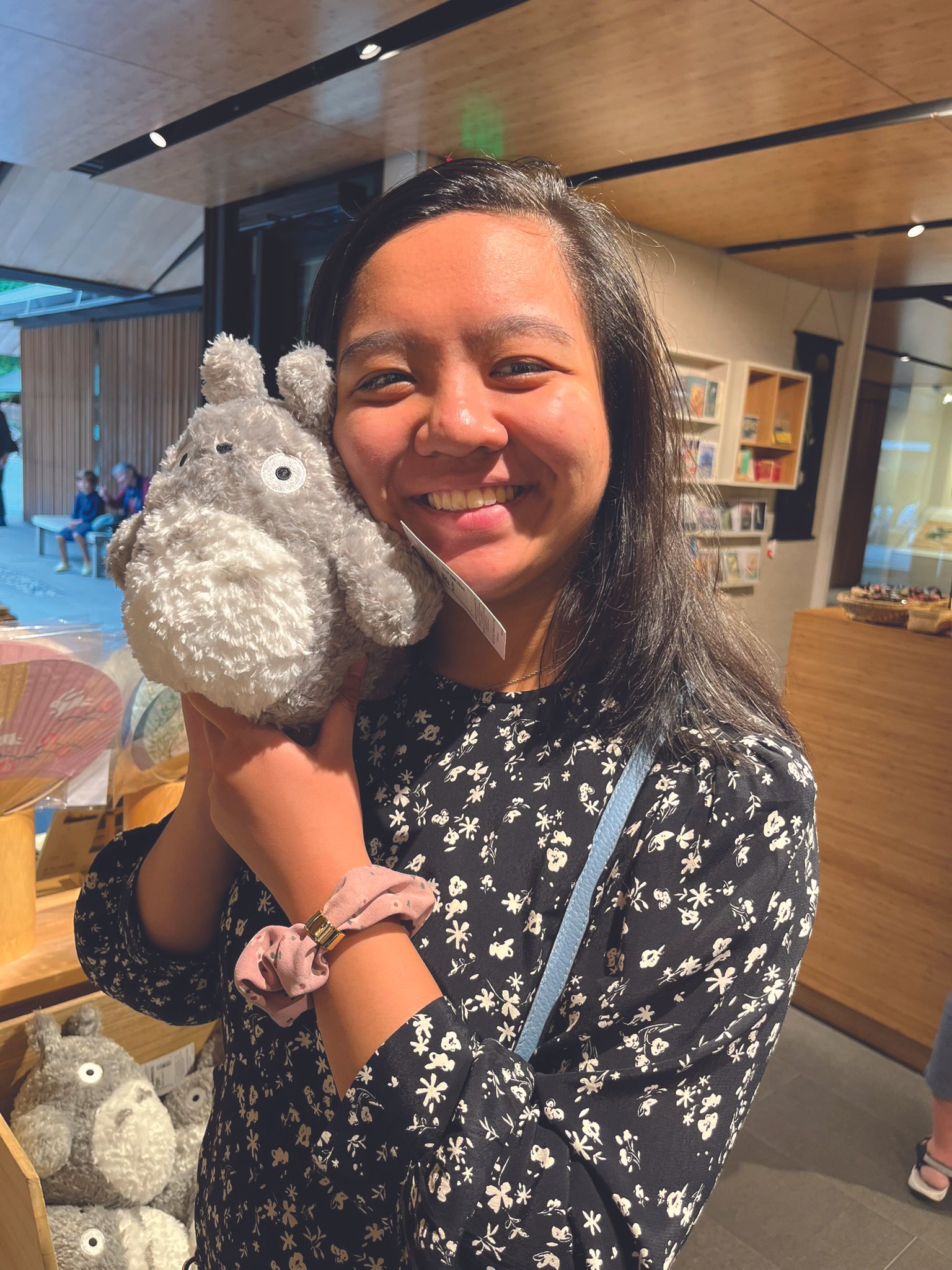Recognizing Generational Anxiety
By Tiffany Tang
Parents teach their children ideals for many different reasons. The main thing that parents want for their children is for them to live a healthy life. However, what parents want for their children can look different for everyone. Some believe that living a happy life can mean having a successful career where you have financial freedom to do anything you want. Some believe it’s getting married and starting a family of your own. And some believe it’s through a life in Christ. All of these beliefs can also be rooted from fears. Fears of the challenges the world has for us, including fear of rejection, not finding salvation, as well as believing we’ve wasted our lives. How we are raised can influence how we are as parents. These sorts of habits are then ingrained into children, and then they become a cycle of repeated behavior. Many people who have grown up in very strict and religious households can develop some form of resentment towards God because this way of life was not their choice.
Giving Space for Mistakes and Different Desires
Something we should all learn, as both Christians and non-believers, is adults and children alike are prone to make mistakes. Parents need to understand that children are people too who have their own wants and dreams. Children will make mistakes and need to learn things on their own. Keeping children contained, pressuring them to uphold certain ideals, and having them grow up with the same fears won’t always work. In fact, such actions would end up suffocating them.
In the book of Deuteronomy, we read,
While this passage in particular refers to the worshiping of idols, this describes how our worship of anything other than God can impact those generations after us. Do not let fear control you but trust God who we are called to trust and to learn from. Simply carry His Word in your heart, express how much He means to you, and share His wisdom to those around you should they choose to listen and learn.
In Philippians, we read,
Let your gentleness be evident to all. The Lord is near. Do not be anxious about anything, but in every situation, by prayer and petition, with thanksgiving, present your requests to God. And the peace of God, which transcends all understanding, will guard your hearts and your minds in Christ Jesus. (Philippians 4:5-7, NIV)
Children need to be seen for who they are as people and we need to respect their boundaries as they grow older. As their parents, teach your children to make their own informed choices and respect their decisions, even if it isn’t the life you expected for them.
So what can we do to break this chain of fear and control? We remember who Jesus is.
Christ redeemed us from the curse of the law by becoming a curse for us, for it is written: “Cursed is everyone who is hung on a pole.” He redeemed us in order that the blessing given to Abraham might come to the Gentiles through Christ Jesus, so that by faith we might receive the promise of the Spirit. (Galatians 3:13-14)
Jesus broke us free from the cycle of His predecessors, such as Adam and Eve who feared God may see them after eating the forbidden fruit. Jesus choosing to be crucified was what saved us from living our lives in fear to living our lives in love and humility. His death is what brought us life and He is for us. As we read in Isaiah, “So do not fear, for I am with you; do not be dismayed, for I am your God. I will strengthen you and help you; I will uphold you with my righteous right hand” (Isaiah 41:10, NIV). There is no shame in admitting your fears and anxieties before God. Let God hear them, and He will hold onto you, keep you safe. No matter what happens, it is important that we have faith in the Lord as He will always be there for us. “Trust in the Lord with all your heart and lean not on your own understanding; in all your ways submit to Him, and He will make your paths straight” (Proverbs 3:5-6).
Tiffany Tang is currently a senior at Rutgers, completing her last semester and graduating early. Double majoring in psychology and communication, she hopes to work in mental health and become an advocate for mental health awareness. She aspires to do God’s work as a healer, whether it’s through her knowledge in psychology or through the Word and power of Christ.






Community feels elusive in an age of constant movement and digital connection. Younger generations move more frequently, work remotely, and often rely on screens—yet meaningful friendship still demands time and presence. Recognizing these patterns is the first step; choosing to stay, engage, and invest relationally is the next…